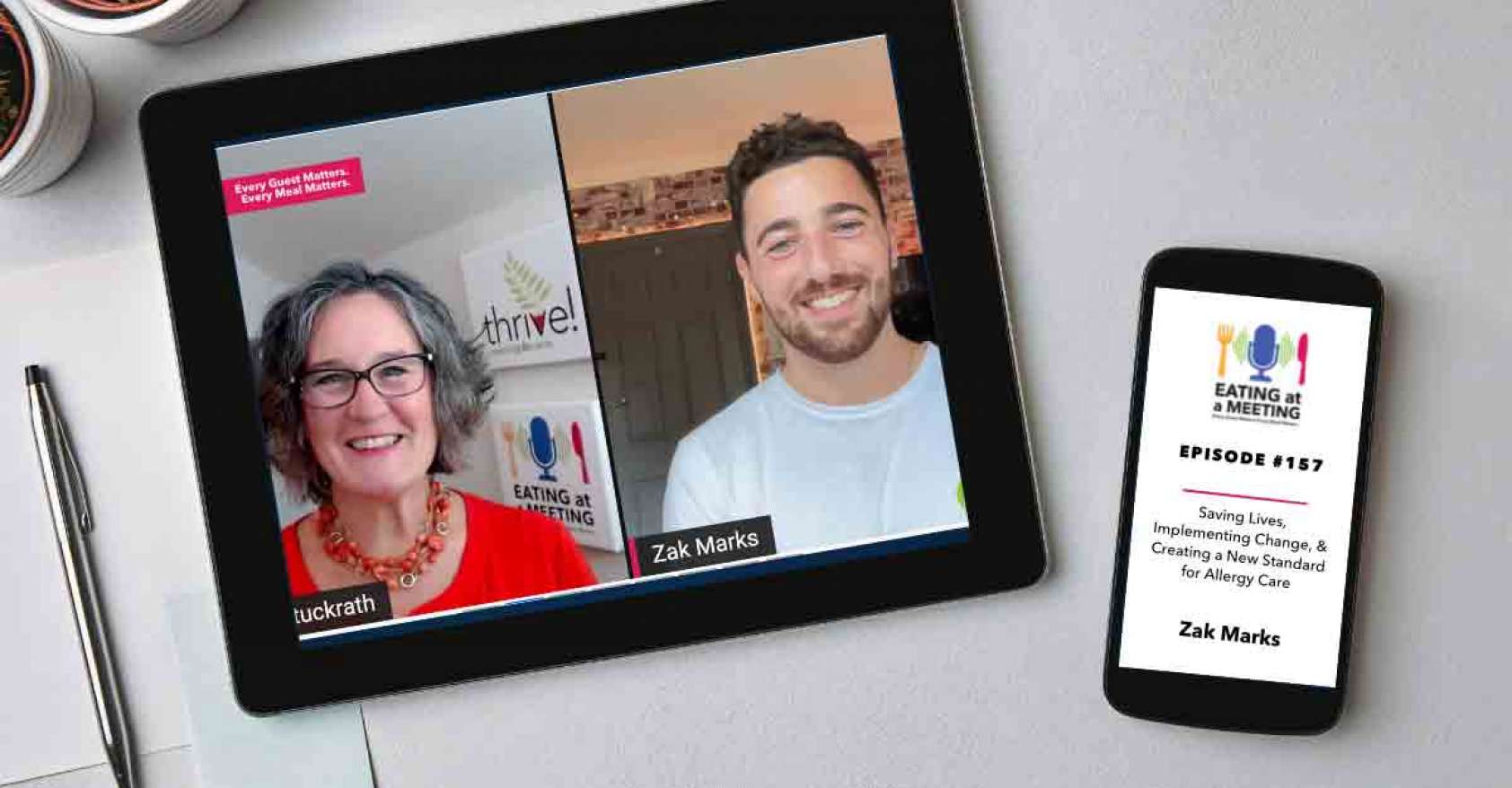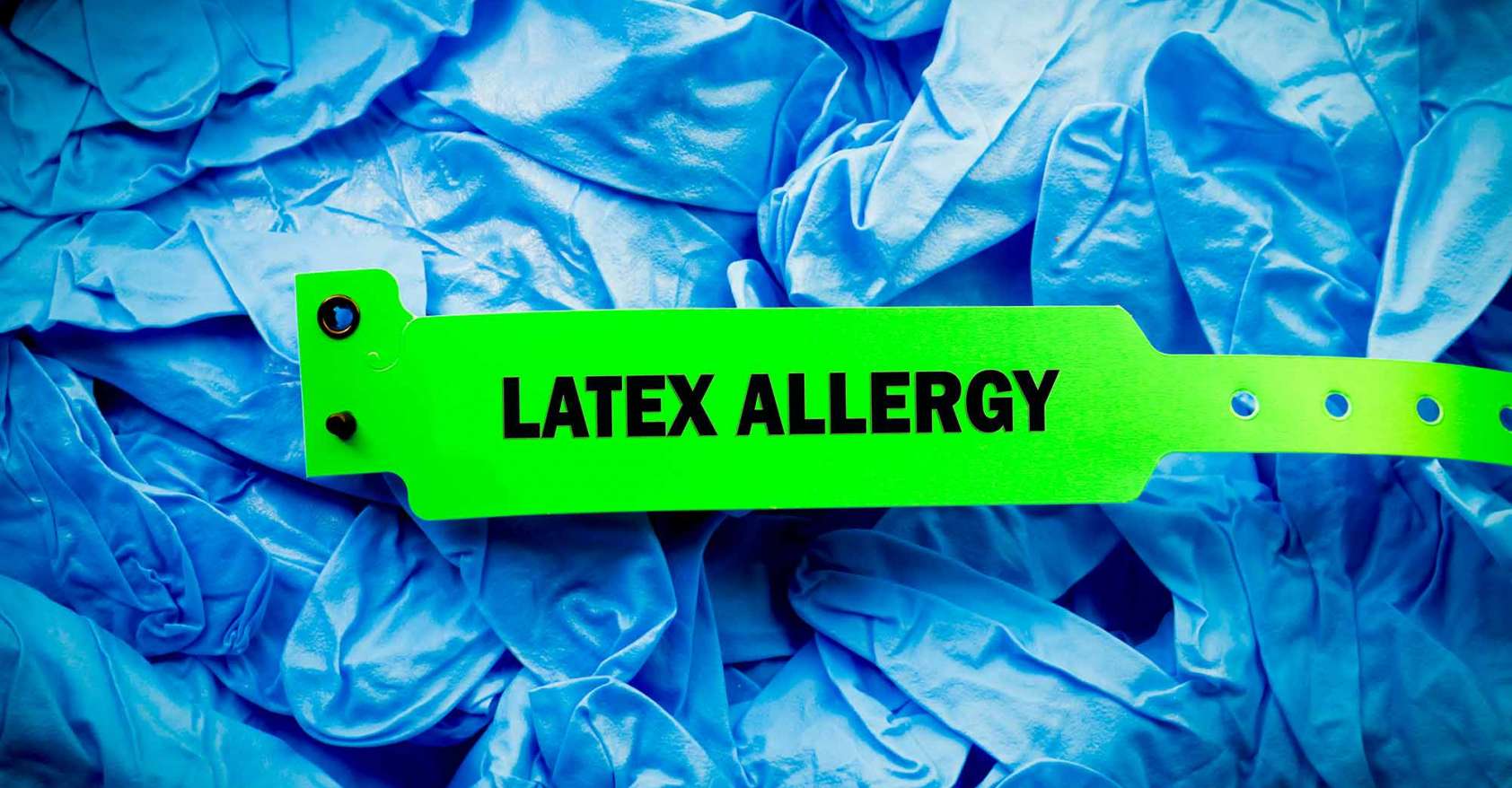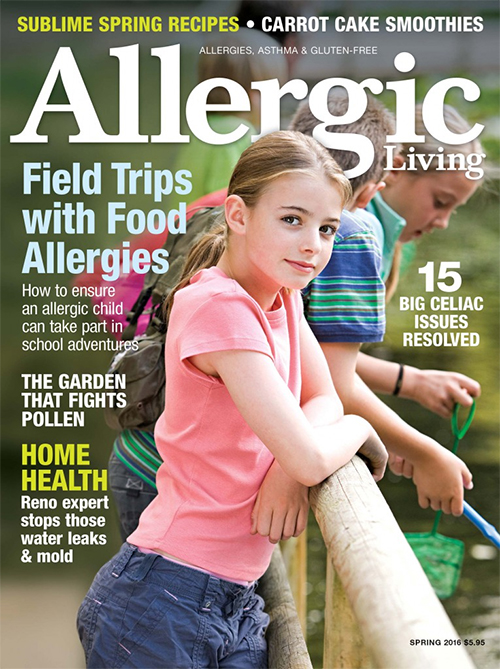Meet the young entrepreneur — Zak Marks — who has lived with a severe nut allergy his whole life (24 years) and has created a company and product — Kitt Medical — “to save lives, implement change, and create a new standard for allergy care.”


Meet the young entrepreneur — Zak Marks — who has lived with a severe nut allergy his whole life (24 years) and has created a company and product — Kitt Medical — “to save lives, implement change, and create a new standard for allergy care.”

Debbie Bruce with the Canadian Canadian Anaphylaxis Initiative discusses with Tracy how safety + inclusion in food service can improve the bottom line.

Tracy and Becky Kekula, an international TEDx motivational speaker and advocate for inclusion, discuss her perspective of what an inclusive dining experience means for individuals with dwarfism.

Tracy and Francine Shaw, Savvy Food Safety, discuss how to be savvy with food safety, its importance to everyone, and what are the most typic food safety violations.

People don’t eat or drink at events for a variety of reasons: food allergies, religious, moral, personal, disability, pregnancy, mental health, etc. Learn from Haley Moss, a person with a neurodiverse development disorder.

Latex lurks in everything from balloons to rubber bands to gloves and can cause skin and respiratory allergic reactions in a growing number of people. Are you doing all you can to ensure the safety of those with latex allergies at your events?


Last week, the governor of Georgia, Nathan Deal, signed a bill into law which makes Georgia events safer for attendees with food allergies. Georgia SB126 allows places of public accommodation such as restaurants, hotels and convention centers to stock epinephrine — the first-line medication to treat anaphylaxis, a life-threatening allergic reaction. In light of the fact that nearly 50 percent of fatal food allergic reactions are triggered by food consumed outside the home and to foods that were thought to be safe,* allowing event venues to obtain epinephrine auto-injectors provides a huge sense of relief for food allergy sufferers who attend events in Georgia. According to the Convention…

Event professionals and their catering partners must be prepared to meet the needs of food-allergic event participants. It could mean the difference between an enjoyable experience or the unfortunate death of an attendee. In honor of Food Allergy Awareness Week (May 11-18), here are 10 things you should know. FACT #1 Globally, researchers estimate 220-250 million people may suffer from a food allergy. In the US, nearly 15 million people have food allergies. In Europe, 17 million people are afflicted. FACT #2 A study released by The Centers for Disease Control and Prevention (CDC) in 2013 notes that the prevalence…